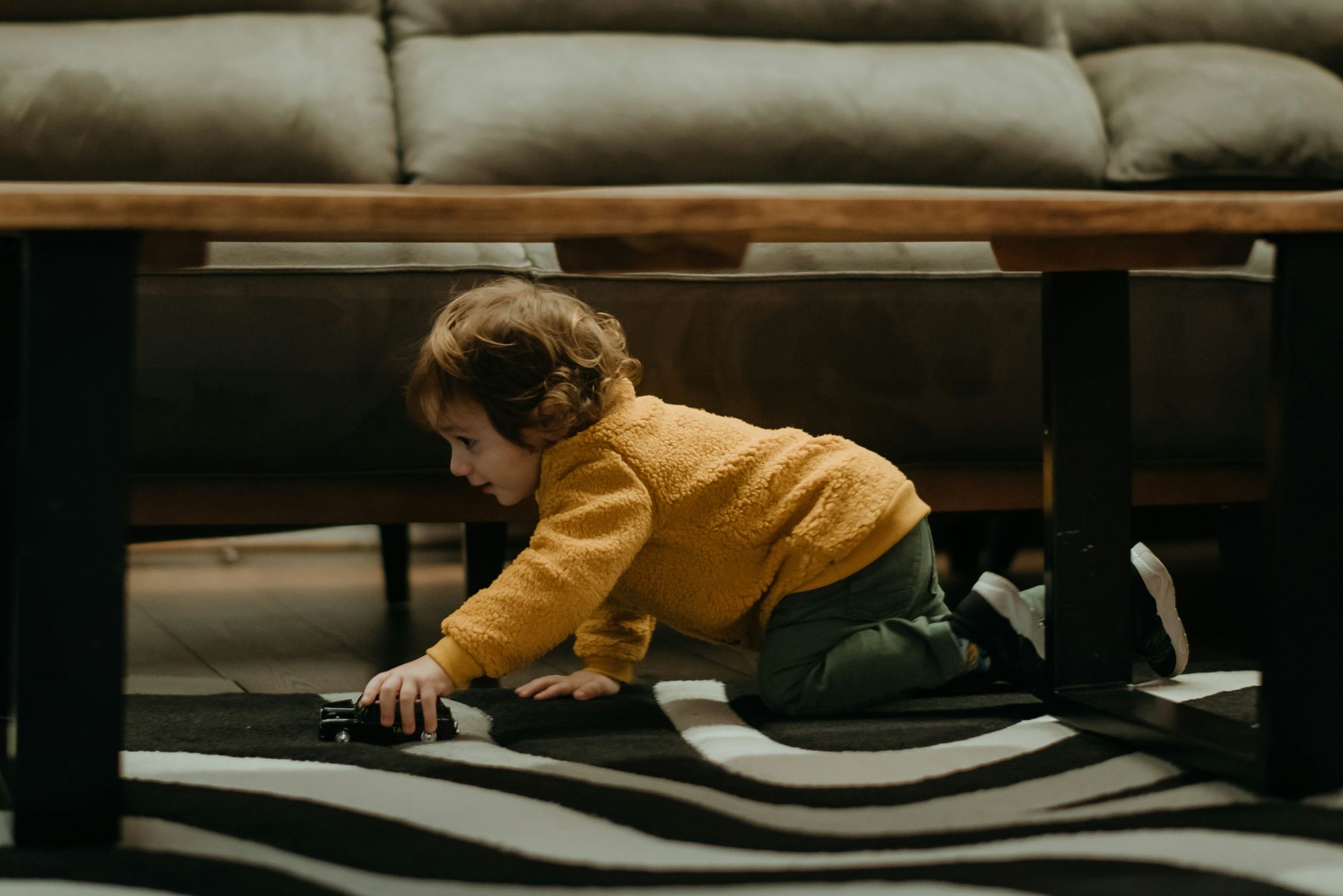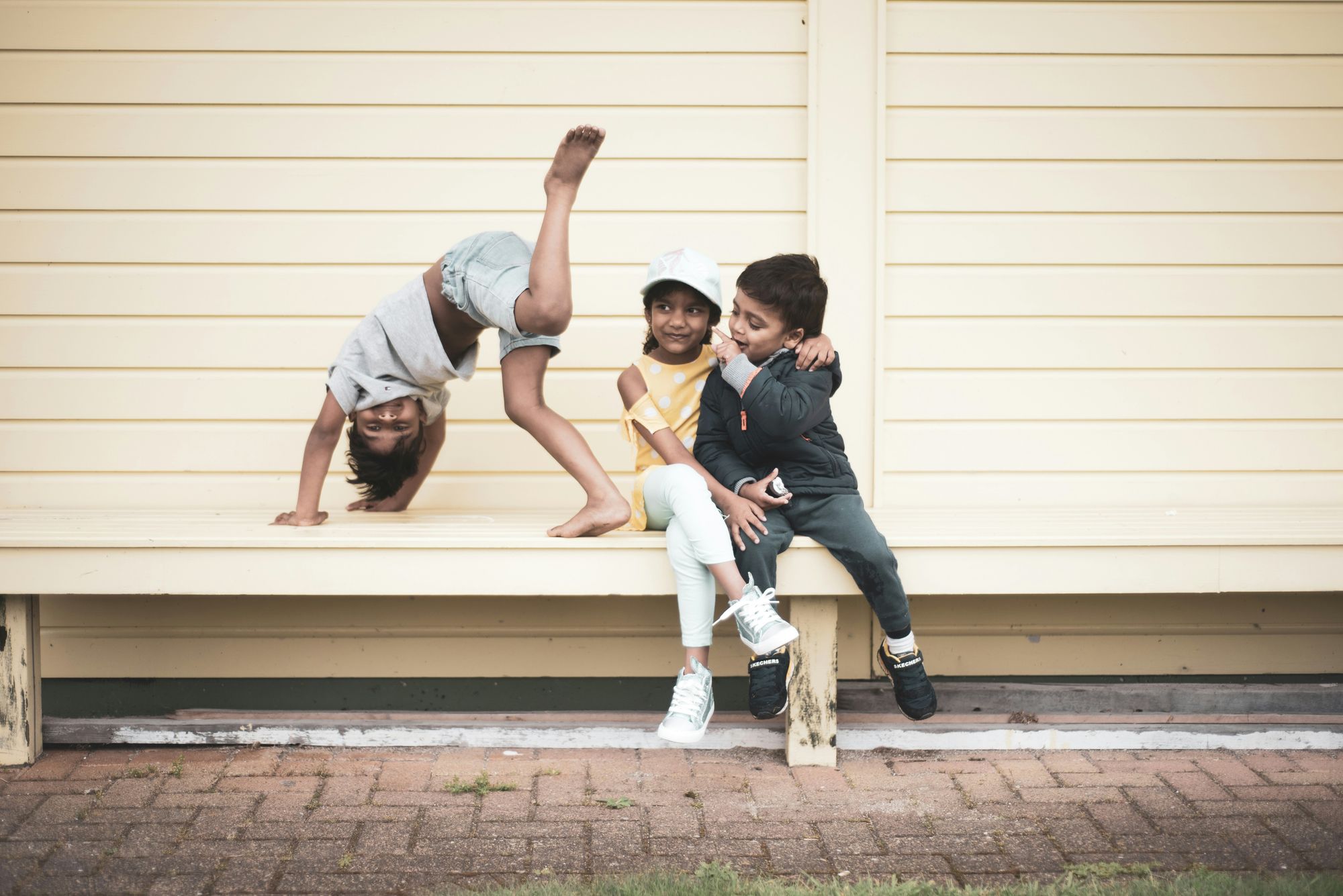How Social Difficulties Present In Kids & Teens.
Social struggles can show up in many ways, including:
- Trouble starting or keeping conversations
- Difficulty making or maintaining friendships
- Avoiding group activities or preferring to stay alone
- Misunderstanding social cues like body language or tone of voice
- Feeling anxious, shy or frustrated in social situations
These difficulties are not a child’s fault. They are signs that extra support could help. Therapy gives children and families tools to make social experiences more positive and rewarding.





